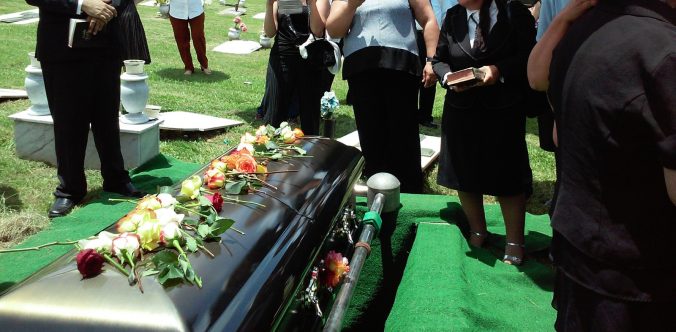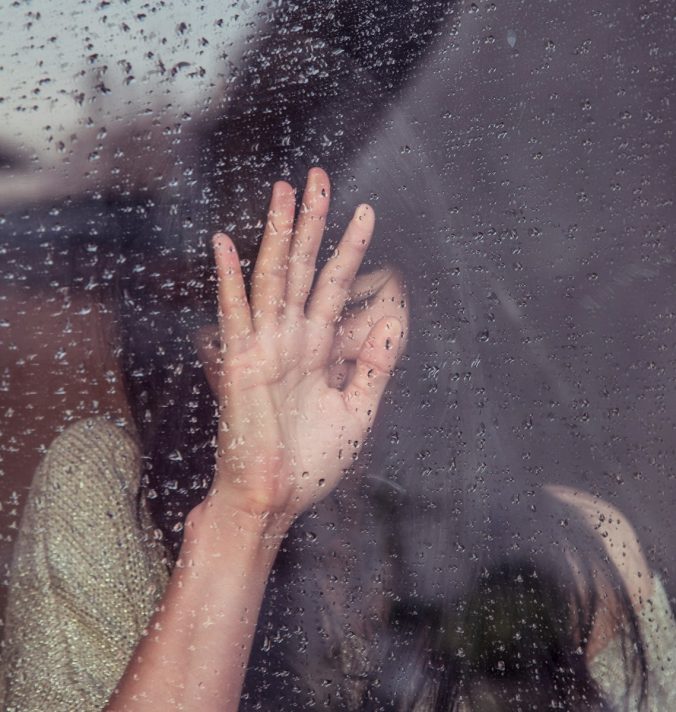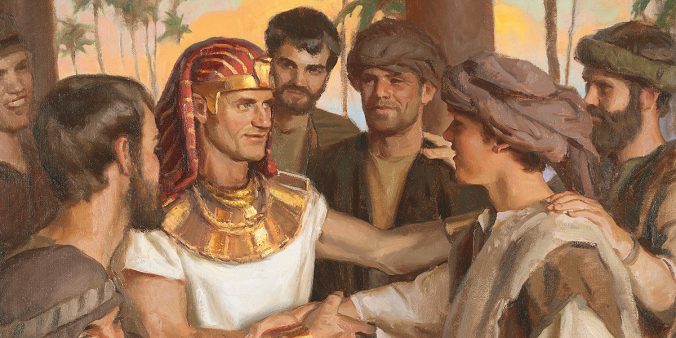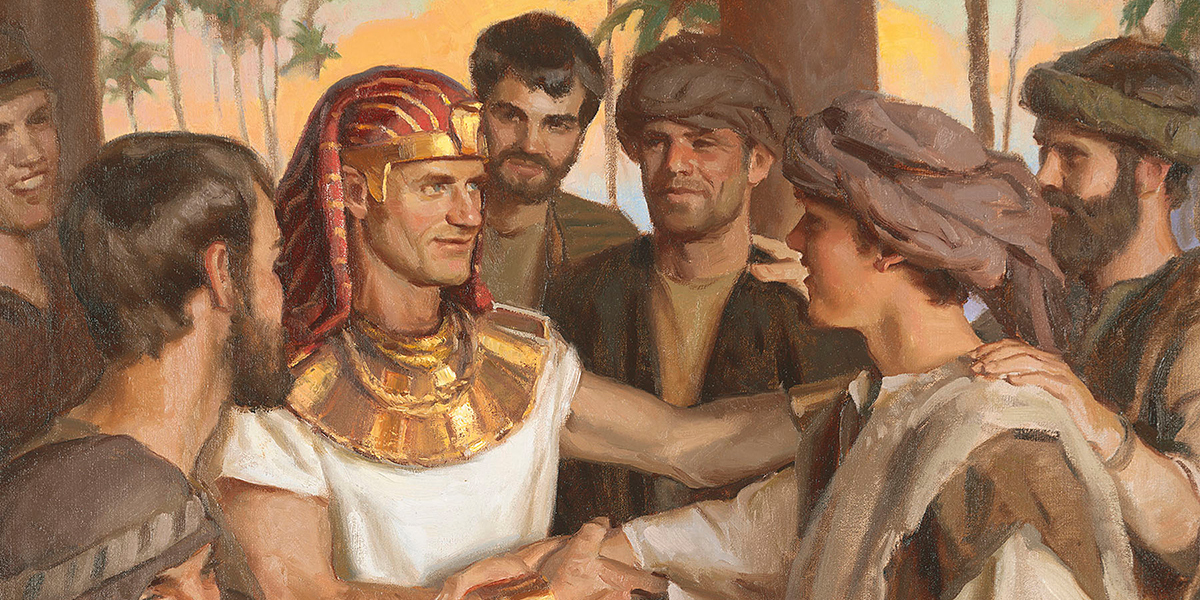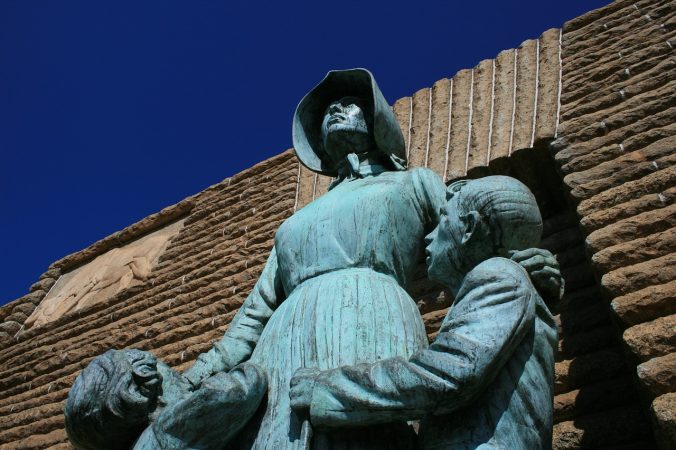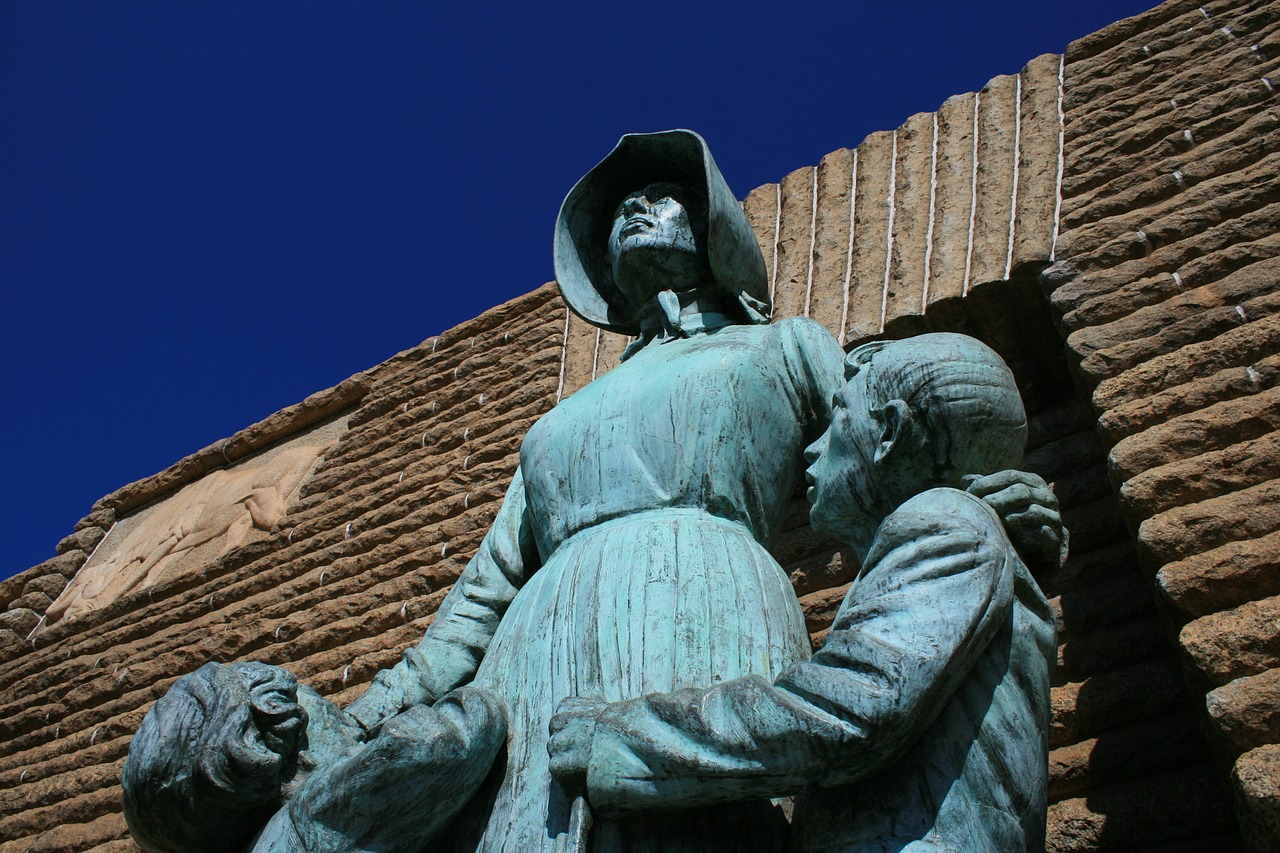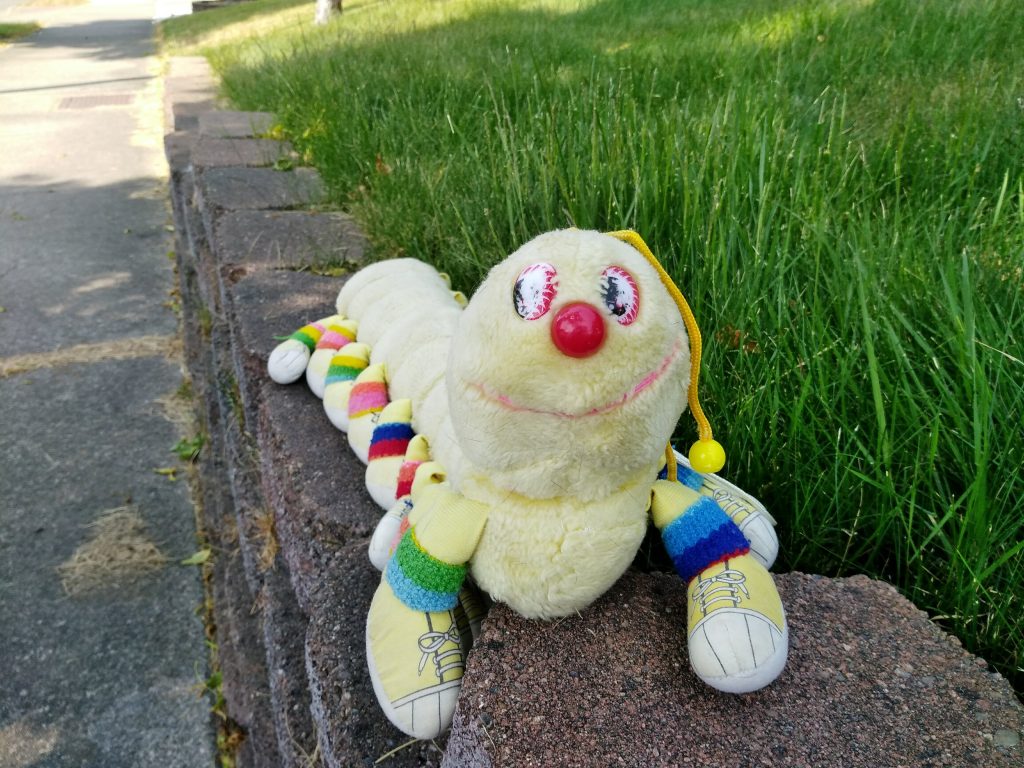Death is often the first thing people in general think of in relation to grief. They would be wrong. The origins of grief come from a loss of something important, not just the death of something important.
An initiative designed to normalize and destigmatize grief called Speaking Grief stated:
Grief is a set of experiences that involves the perceived loss that someone has around a person, a situation, an event, a happening, that changes the way that they physically, emotionally, spiritually, react and respond to the world around them.
So, if we’re thinking about the way that we’re taught that grief is, we’re taught that it just involves a death event, a death of a loved one. But grief actually encompasses a series of losses, and a series of change, and has to do with how we integrate that change into our day-to-day functioning.
Alesia Alexander, LCSW, Grief, Loss, and Inclusion Consultant
The Other Sources
The phrase I would like to concentrate on is, “grief actually encompasses a series of losses”. Death is not the only origin of grief. Below is a list of other sources of grief. Please know that this is not an exhaustive list.
Miscarriage
While miscarriage is a form of death, it is one not always acknowledged as an origin of grief. I have experienced two miscarriages. The first experience occurred with my first pregnancy. It happened when I was 13 weeks along, but I didn’t really grieve with that one. That might sound awful, but I also had a deep understanding of how the body is learning to create a new life. It doesn’t always succeed the first time.
It was the second miscarriage that really got me. I was maybe six weeks along. While this may be a little graphic, I saw the little embryo on the toilet paper when I wiped. The tiny forming spine was surrounded by a small, clear sack with fluid in it.
I was crushed. Seeing the embryo brought a new level of loss to me. I’ve successfully carried three other children. Why would my body reject a harmless and amazing creation? Grief appeared, front and center. I lost my job because I shut down.
Miscarriage is most certainly an origin of grief. Those who experience it understand this in a deep way.
Divorce
Divorce is essentially the death of a relationship. If children are involved, the loss is more complicated. Both my sister and best friend have gone through this process. Emotional abuse was a heavy factor in both cases. Physical abuse, financial problems, and infidelity are additional examples of why couples divorce and grief is a companion to the hardships to follow.
Major Catastrophic Event
Major catastrophic events can be both natural and of a man-made variety—think the terrorist attack on 9/11. Catastrophes cause major physical and emotional damage. They also cause damage to a person’s mental health. Post Traumatic Stress Disorder (PTSD) is one of the most common mental health disorders following tragic events. Losing the safety of home, the memories associated with photos and special possessions, important documents required for legal purposes, and so much more strips a person of their identity. Loss associated with major catastrophic events is a catalyst for grief to take hold.
Loss of Innocence
Not only can the loss of innocence refer to moving from one stage of life to another, but also the emotional of physical journey one could travel. Think of a road trip that ends with a broken-down car. Experiencing the need to be rescued brings a new understanding of helplessness.
Let’s look at another example. Think about a cancer survivor. They experienced the grief associated with their loss of health but are now in remission. The pain and fear associated with their battle with cancer has changed them in ways no other experience could. Their grief moves into one associated with their loss of innocence. They have the joy from beating the disease, but their worldview has changed completely.
Loss of Health
Alzheimer’s. Arthritis. Lou Gehrig’s disease. So many diseases erode the body, stealing the functions that used to come so easily. Grieving the loss of mobility to do something as simple as getting out of bed is natural. What about a person with a weakened immune system? They grieve the loss of where they can go to avoid common diseases that could be life threatening to them. Those examples are just the tip of the iceberg when it comes to loss of health.
I’m not old, but neither am I young. My joints are starting to become arthritic. Flexibility, though never amazing, is decreasing. I can’t go on a trip without my medication. Stamina is no longer strong enough to get through a conference without missing a breakout or two to rest my body and brain. Thinking is occasionally not as easy as it once was.
Loss of health happens to all of us in one way or another and grief will naturally walk as our companion when facing the loss.
Loss of the Unobtained
This grief origin is not often thought of when it comes to the subject, but it is vital all the same. Think about a couple who is infertile. It could be the woman or the man whose body will not allow the miracle of life to occur. They will both have to come to terms with something they never had. It is a loss of something that is unobtained.
Wishing to be married but unable to find their life partner. Working toward a goal that never comes. Discovering a specific talent you are working to develop is no longer possible. Navigating a career path that doesn’t lead to the right opportunities. There are so many reasons we grieve for things we don’t have.
Cindy Baldwin was one of the keynote speakers at a conference called Storymakers 2024. She has lived with cystic fibrosis for her entire life. Life is not easy. Her health is constantly difficult to navigate. I am sure just delivering a phenomenal speech in front of hundreds of conference goers was a challenge to say the least. It’s probably safe to say she grieves for a level of health she has never had.
Conclusion
Whether your grief is less extreme or life altering, you are still grieving. There is still hope to navigate your new state of being. Research more about grief and how others with a similar situation handle their grief. Support groups are a wonderful resource. The biggest takeaway is: Don’t Give Up. Small or large, you are worth the victories that come with your challenges.
